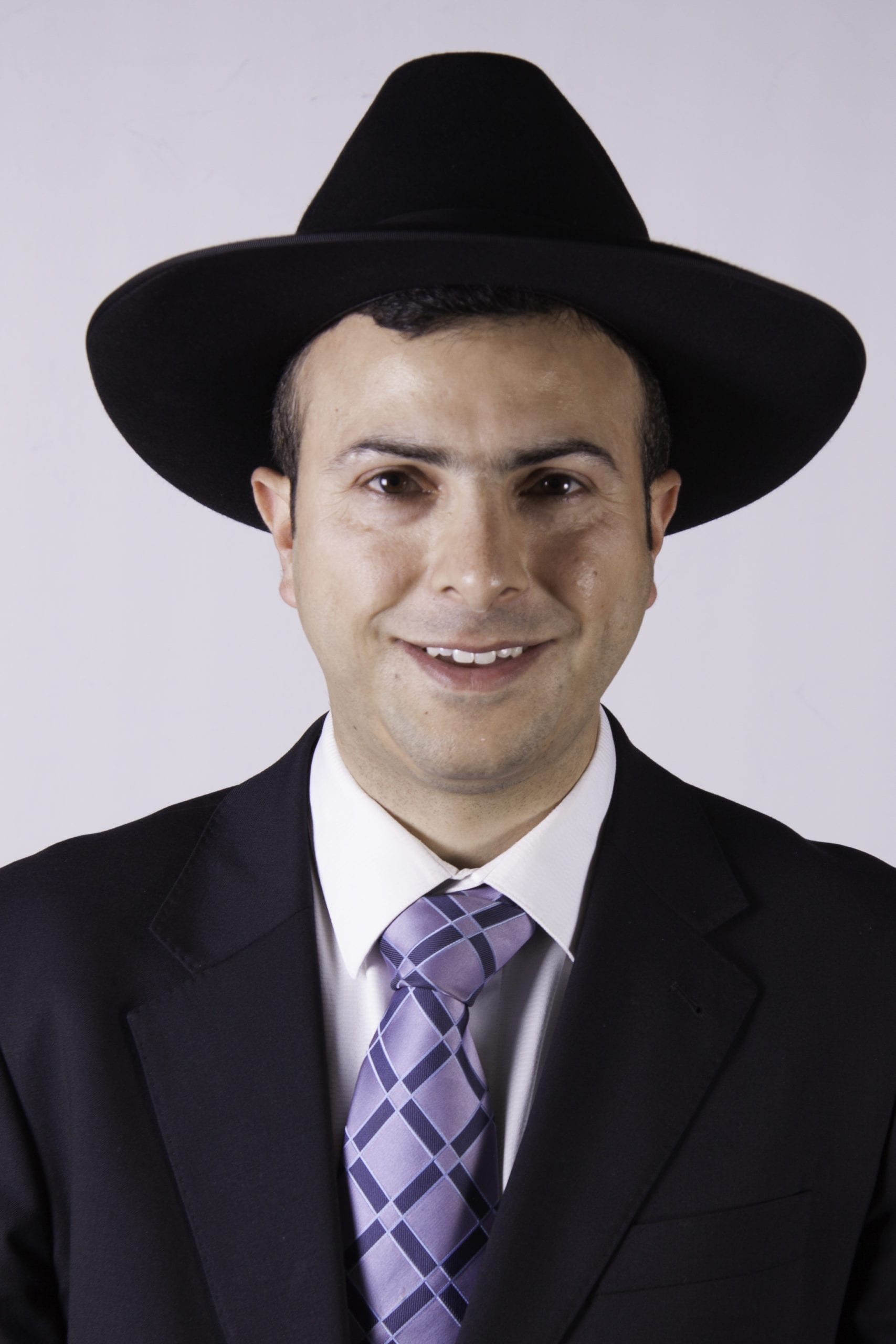
The Rambam states that Moshe performed greater miracles than any other prophet. Nevertheless, it is not because of miracles that we believe his revelation, but because Hashem himself bore witness that Moshe was the bearer of his word, and three million Jews clearly witnessed the communication between Hashem and Moshe. We then trust that all the Jewish leaders from the time of Moshe Rabbenu until the present, transmitted the Torah faithfully.
The reason why we must not believe in the Torah based upon miracles is because a belief based upon miracles can be overturned by subsequent miracles performed by a false prophet.
So my question is: Why is the Tanach replete with miracles? Is there an additional fundamental principle of belief that we learn from miracles?
We say a verse (Ata Horeta…) upon the opening of the ark on Shabbat “You have been shown [this] to know that Hashem, he is the G-d! There is none beside him!” (Devarim 4:35). The preceding verses in the Torah that lead up to this statement relate the many miracles performed for the Jewish people. Rabbi Abraham ben Meir Ibn Ezra, comments “all these [miracles] were shown to you by G-d in order that [you reach the point] of knowing that he is the only God [power].”
In his characteristically concise manner, Ibn Ezra is explaining the reason for the miracles that the Jewish people experienced in the wilderness. They clearly witnessed that Hashem had given them the Torah, but that didn’t exclude a concurrent belief that there were also other powers in the universe. Maybe there was another power that ruled over another part of the world or another aspect of nature? He states that there are actually 55 constellations that exert influence over the world, but we are required to realise that they are all under Hashem’s control.
Let us not forget that the Jewish people had been exposed to hundreds of years of idolatrous thinking in Egypt, which would have prevented them emotionally from accepting Hashem as the only power in the universe, despite them having witnessed the revelation at Mount Sinai.
Ibn Ezra supports his view by his explanation in Shemot of the meaning of the name “Elohim.” This name is also used for judges and angels, and he therefore posits that it is not a personal name of Hashem, but is rather used to describe any being that has a position of power. He adds that the Rabbis forbade us to treat the name “Elohim” with disrespect, only because they were worried that it would mislead ignorant people into treating God’s other genuine names with disrespect.
So the verse “atahoreta” accepts Hashem’s existence as irrefutable, but the miracles were performed to demonstrate that Hashem is “The Power”, above all else. Each miracle’s manifestation showcased Hashem’s mastery over a different part of the universe. Maybe one would think that the sun or sea were independent powers, or a king with a fearsome army? So the Jews had to go through a lengthy process of miraculous experiences to emotionally convince them that Hashem was the sole power. The cumulative effect of each miracle was complete belief in Hashem alone, and no fear that any being or power could harm them. They were then ready to go to war with the nations of Canaan and would have no fear of their armies.
There is another reason for miracles that were performed by later prophets, and that was to gain the attention of the people in order that they would heed the prophet’s message. Rav Aryeh Kaplan in his “Handbook of Jewish Thought”, writes that in later generations, when a prophet was sent to deliver a public message, he was given a sign, often a miraculous suspension of the laws of nature, to demonstrate that he was bearing a message from Hashem. However, the prophet was not performing the miracle by stretching forth his hand, but was merely giving a sign that he had prophetic knowledge that Hashem was about to perform a miracle (MorehNevuchim 2:29 &Tosefot Yom Tov, Avot 5:6).
The world is full of daily miracles which we can see if we only open our eyes, and the more we practice noticing G-d’s hand in the world, the more we will internalise that “there is none besides him.”







